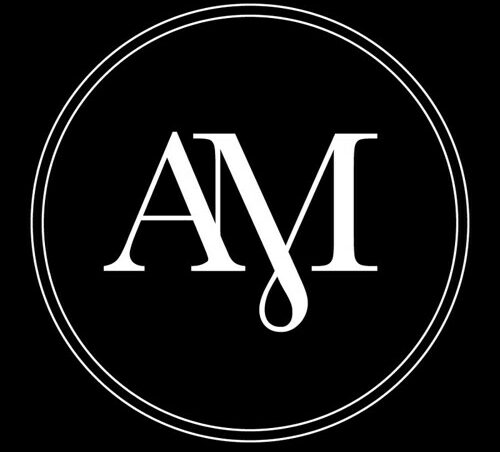We will explore the legal perspective of music sampling regulations in music law.
Copyright Infringement vs. Fair Use in Music Sampling
The legalities of music sampling hinge on distinguishing between copyright infringement and fair use. Infringement occurs when a copyrighted work is used without authorization, while fair use permits limited use for specific purposes. The assessment of whether sampling falls under fair use involves a nuanced analysis of several factors:
- Purpose and Character of Use: Evaluating whether the sampling is commercial, transformative, or derivative, and its creative or factual nature.
- Nature of the Original Work: Considering whether the original work is fictional or non-fictional, and its expressive or functional characteristics.
- Amount and Substantiality of the Portion Used: Assessing the quantitative and qualitative significance of the sampled portion in relation to the entire original work.
- Effect on Market Value: Determining the impact of the sampling on the market potential and value of the original work.
Examples of Fair Use and Infringement in Music Sampling
This section provides practical examples illustrating instances of sampling that might constitute fair use, such as using a brief, unrecognizable snippet in a new composition, or creating a parody. Conversely, it also highlights scenarios that likely constitute infringement, like using a substantial part of a song as the basis of a new composition without significant alteration.
Legal Implications of Music Sampling Infringement
Music samplers facing accusations of copyright infringement risk severe legal consequences, including injunctions, monetary damages, and even criminal penalties. To mitigate these risks, the article advises seeking permission for use or consulting with legal professionals to evaluate the legality of the sampling.
